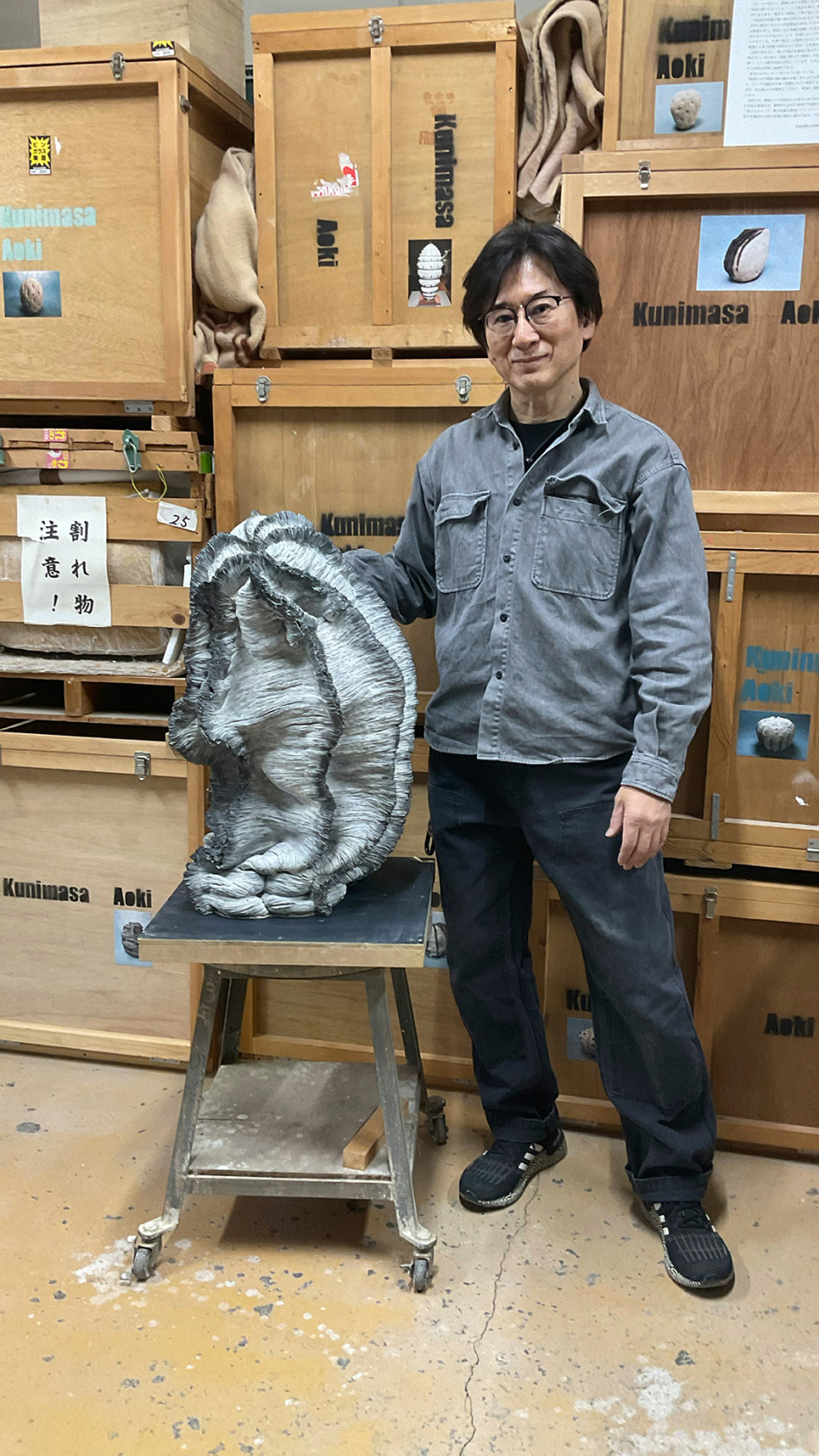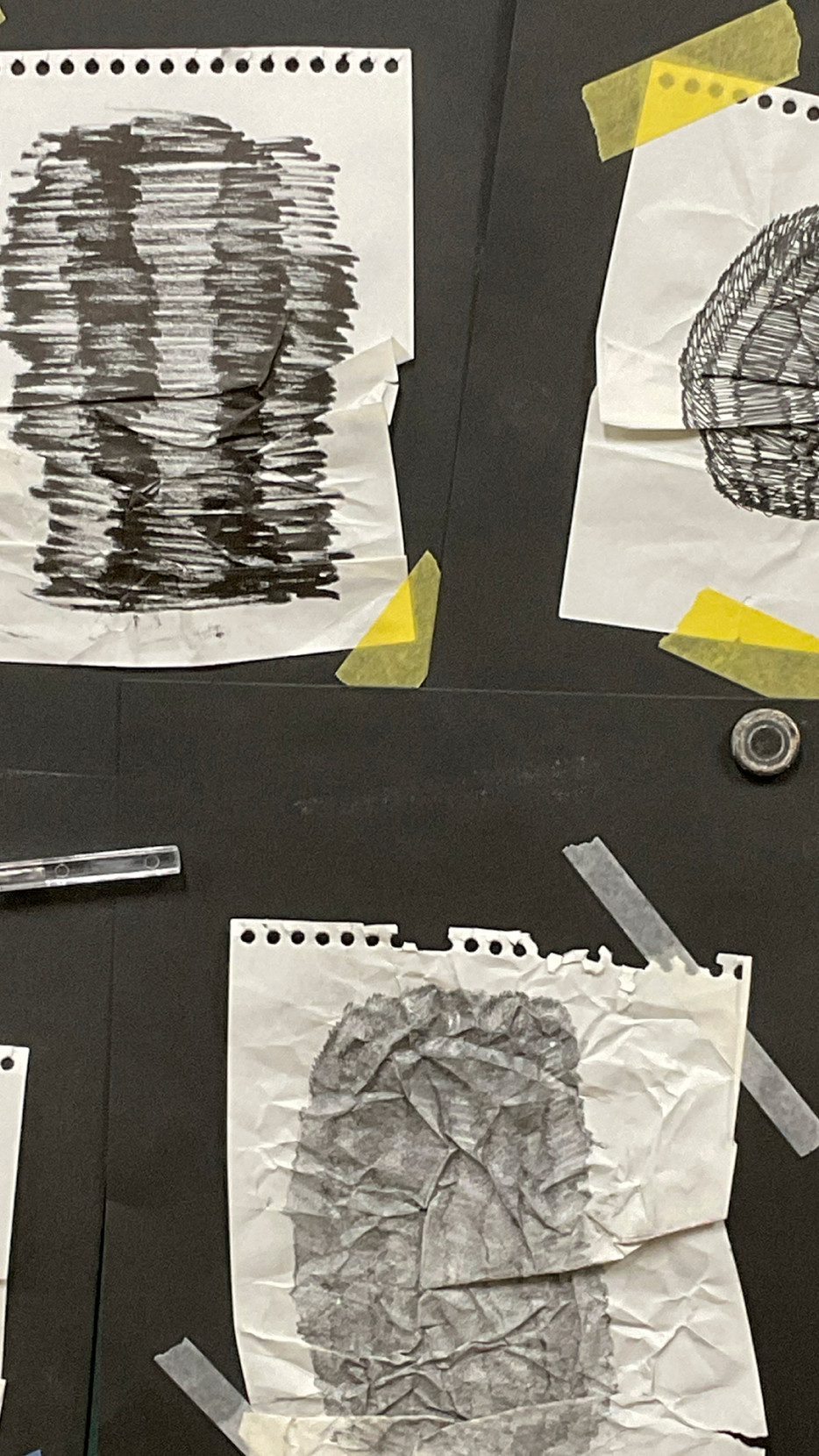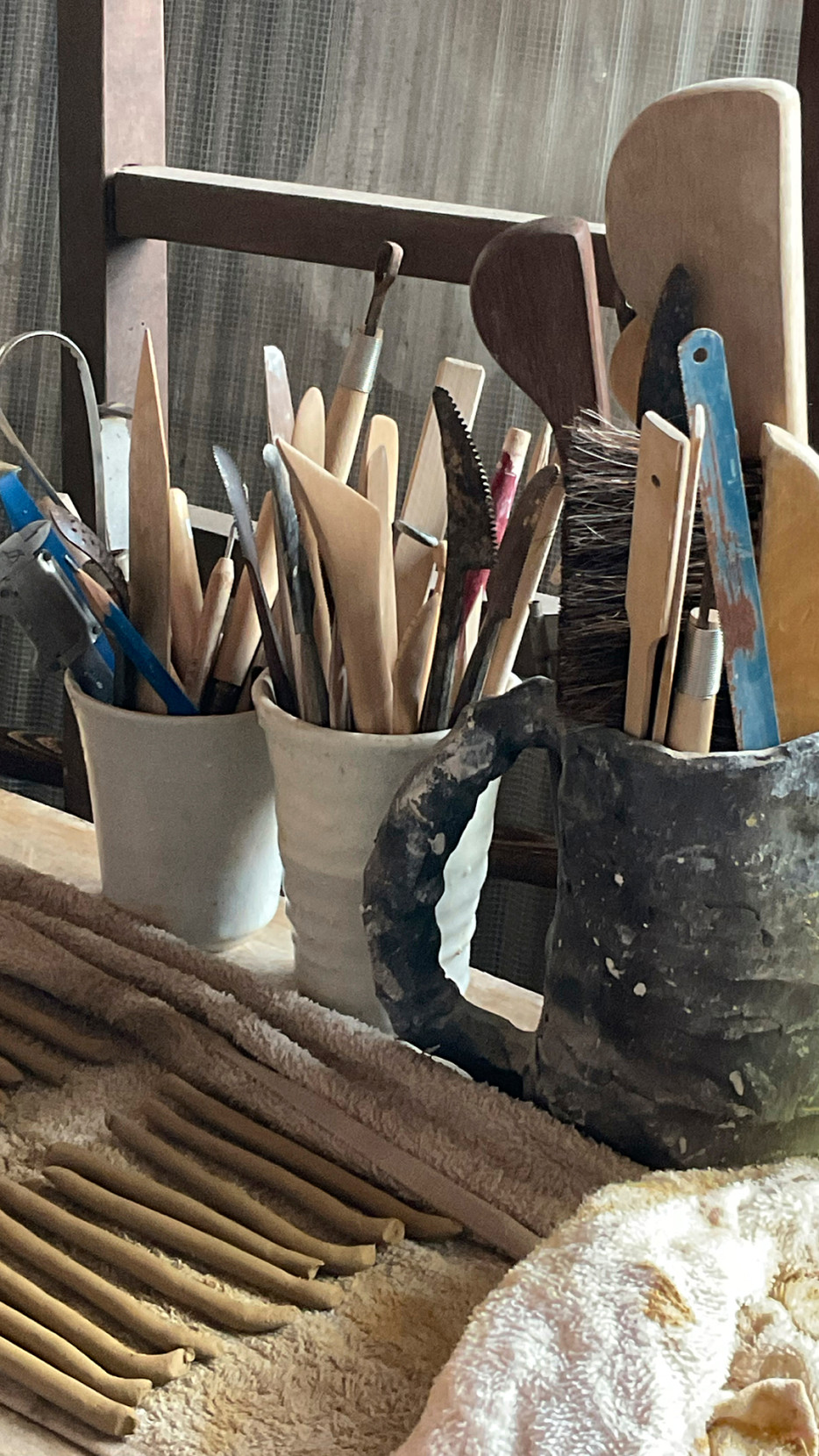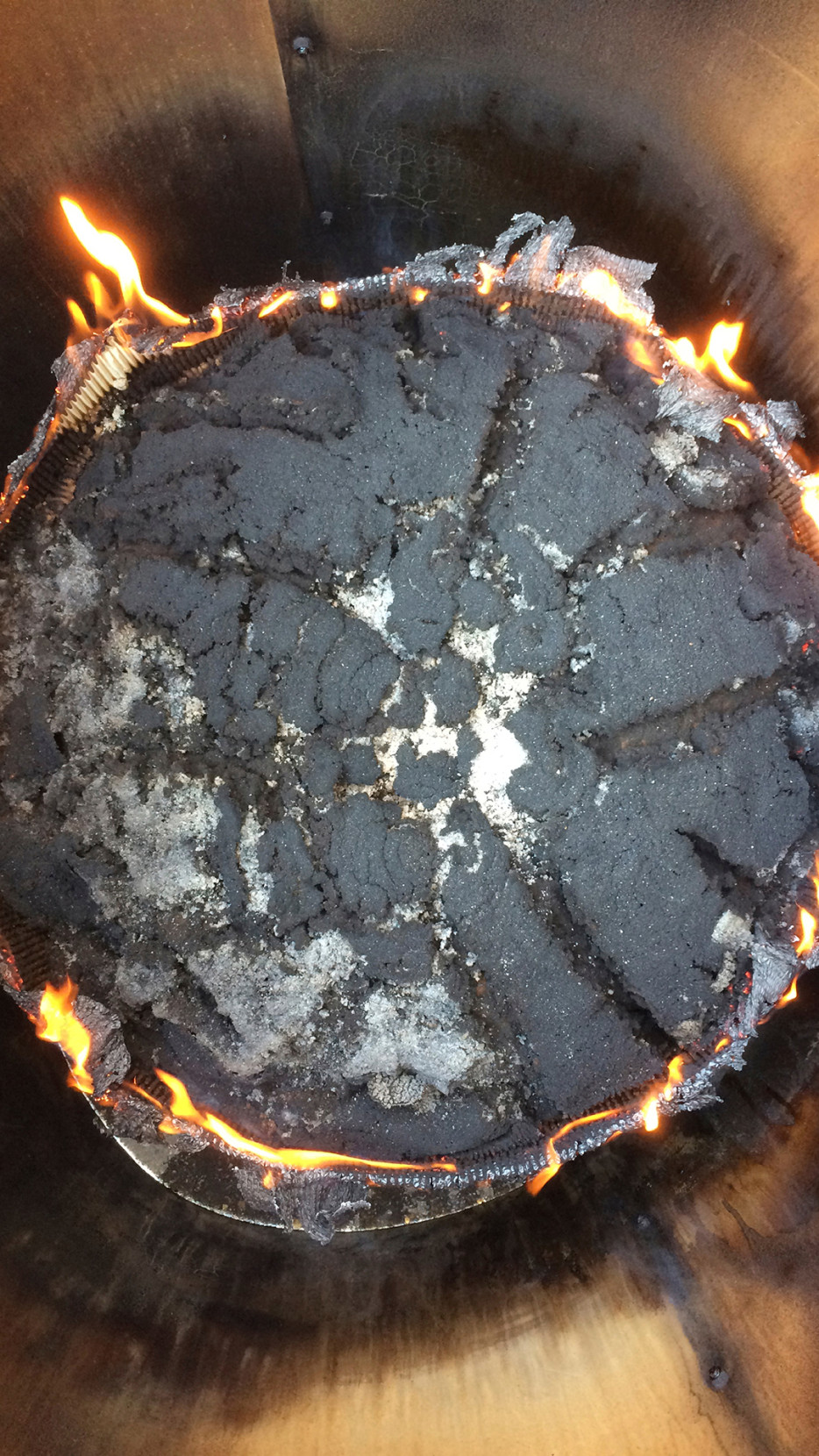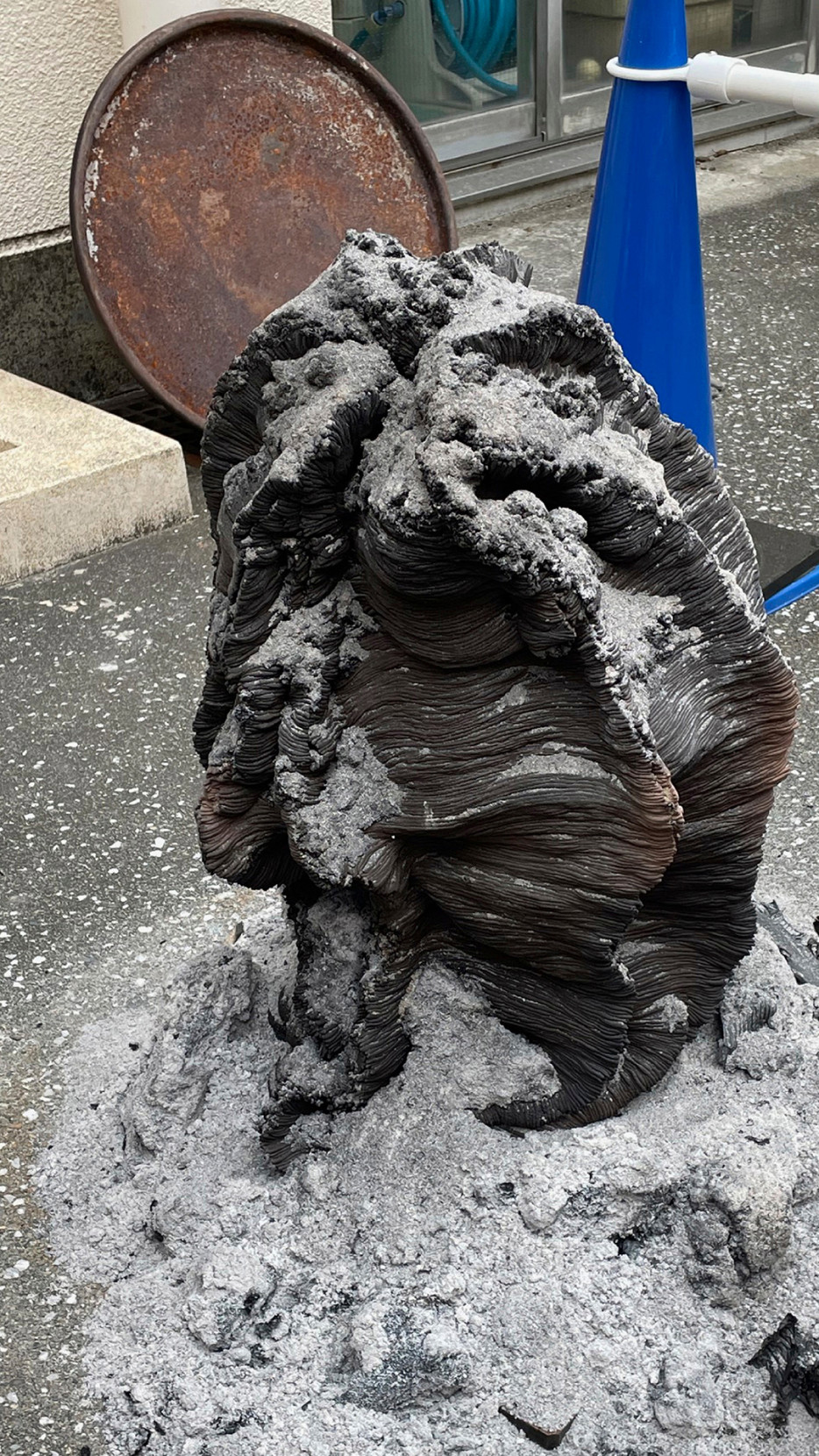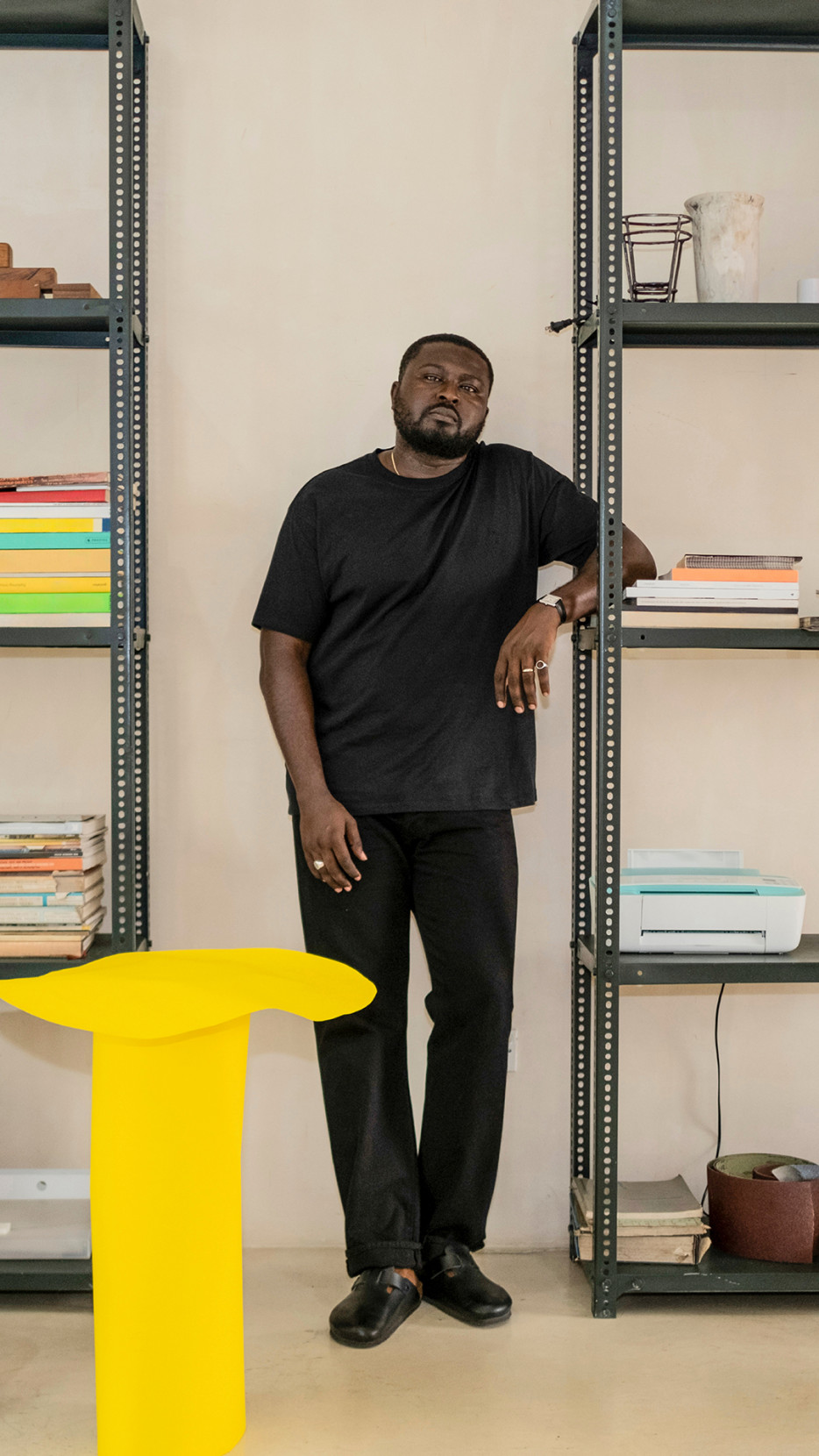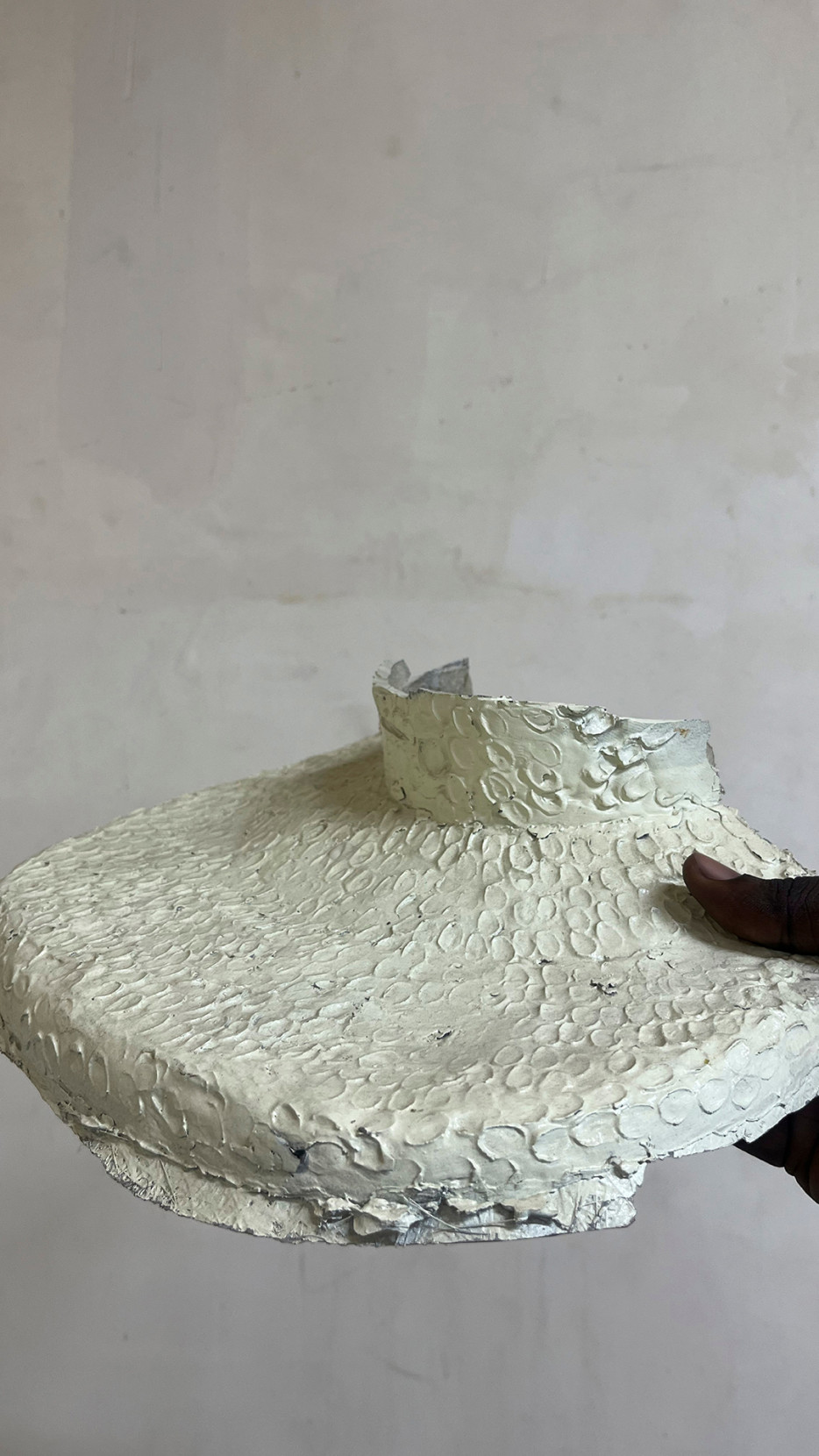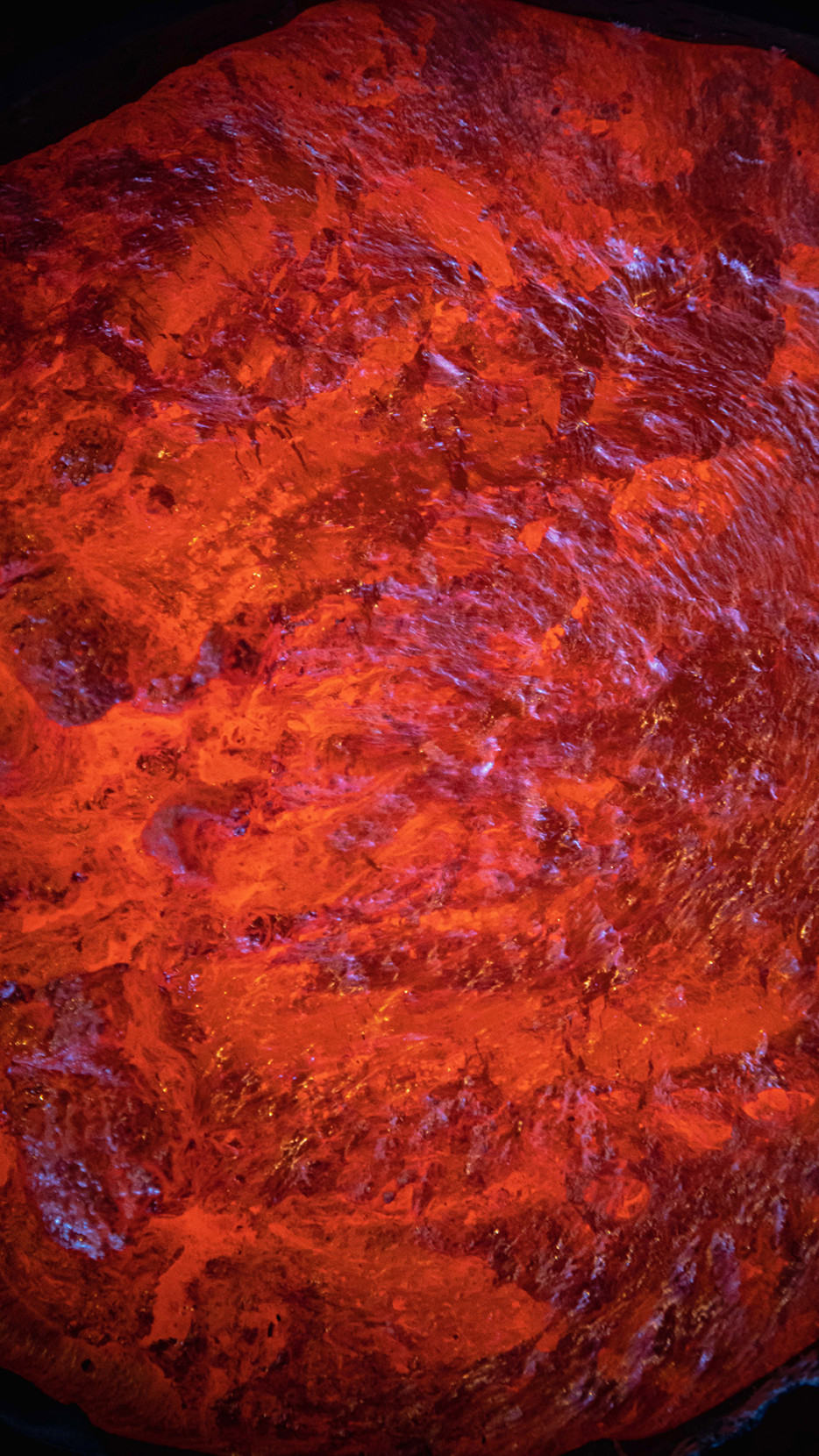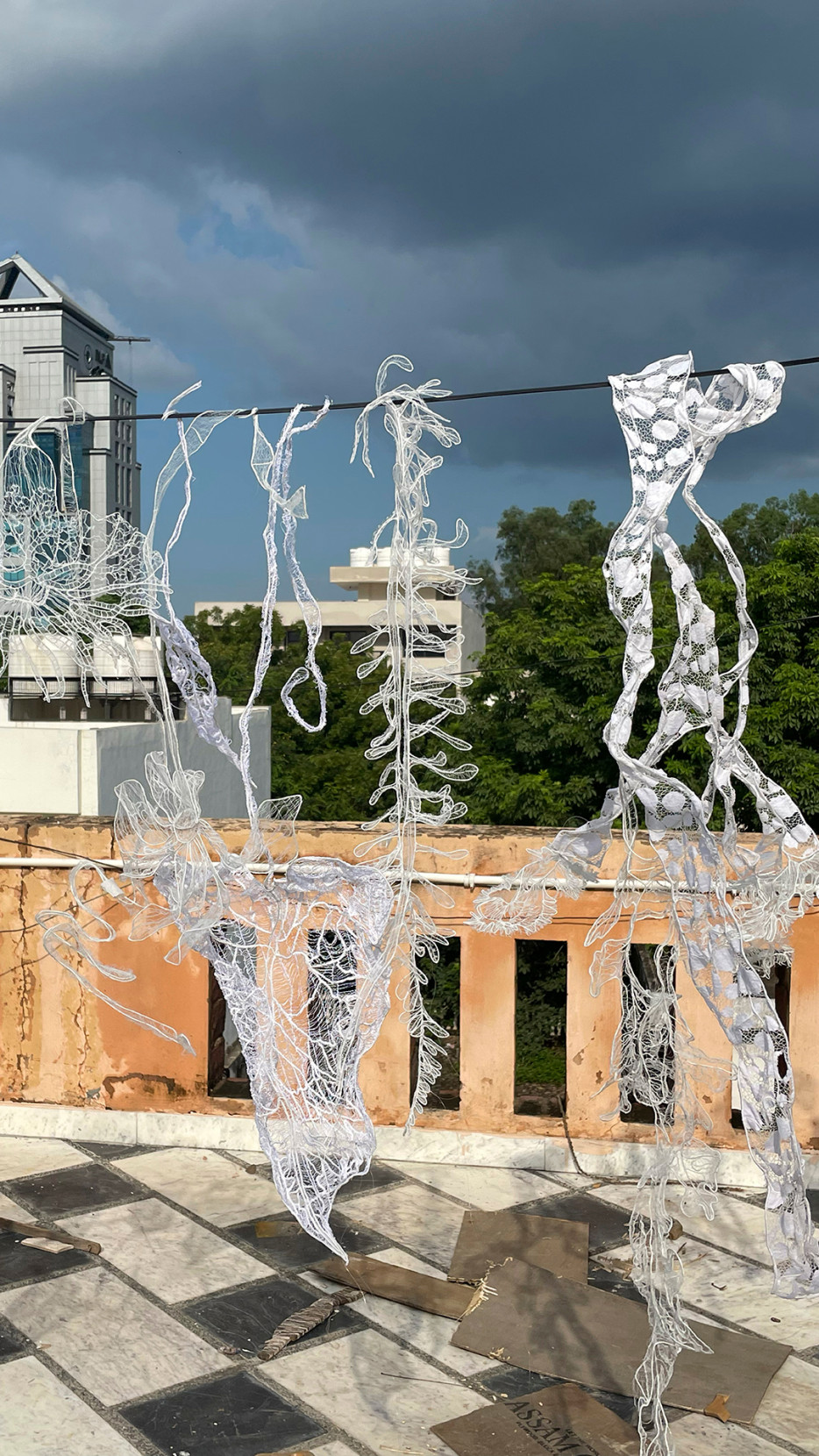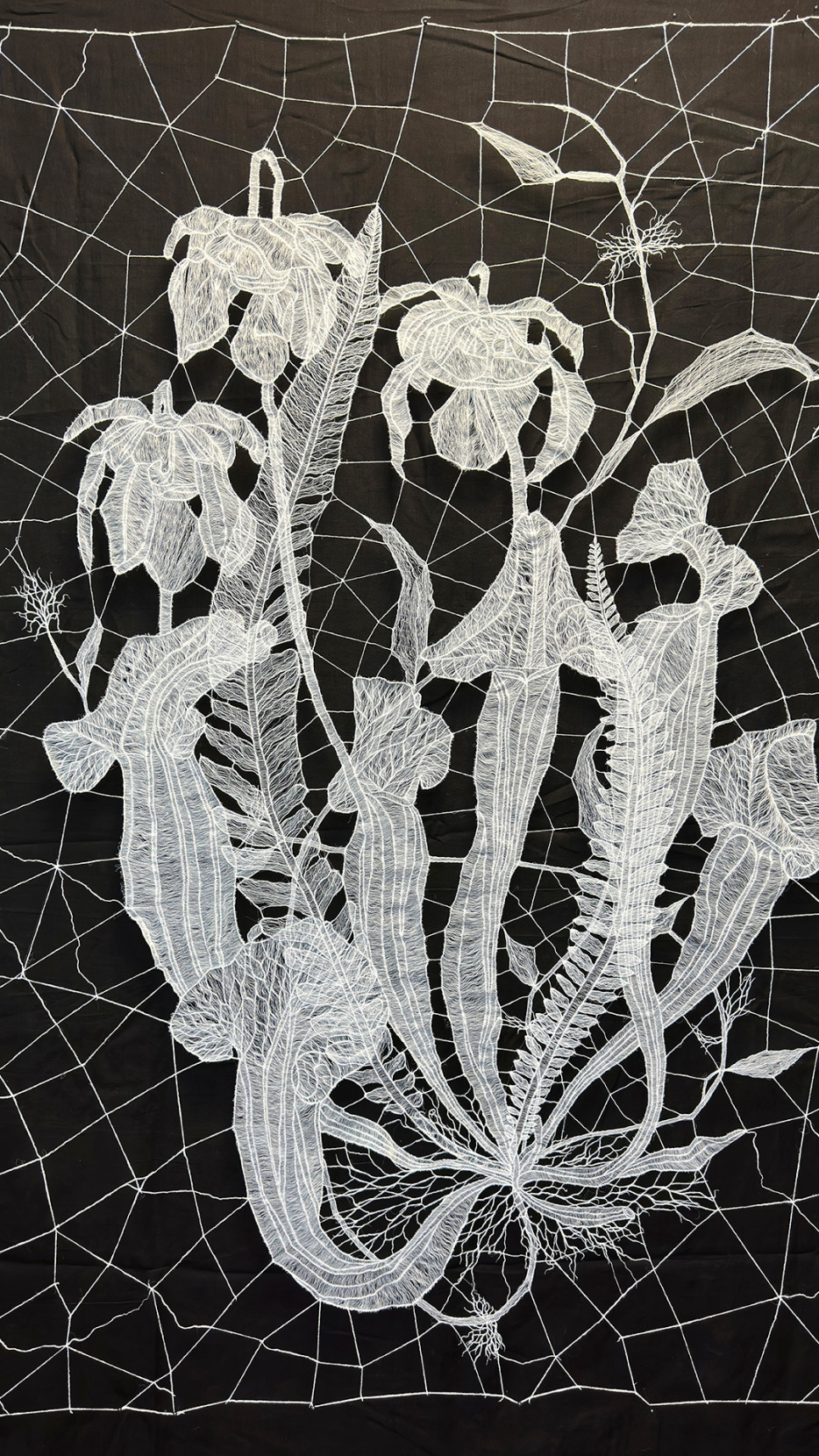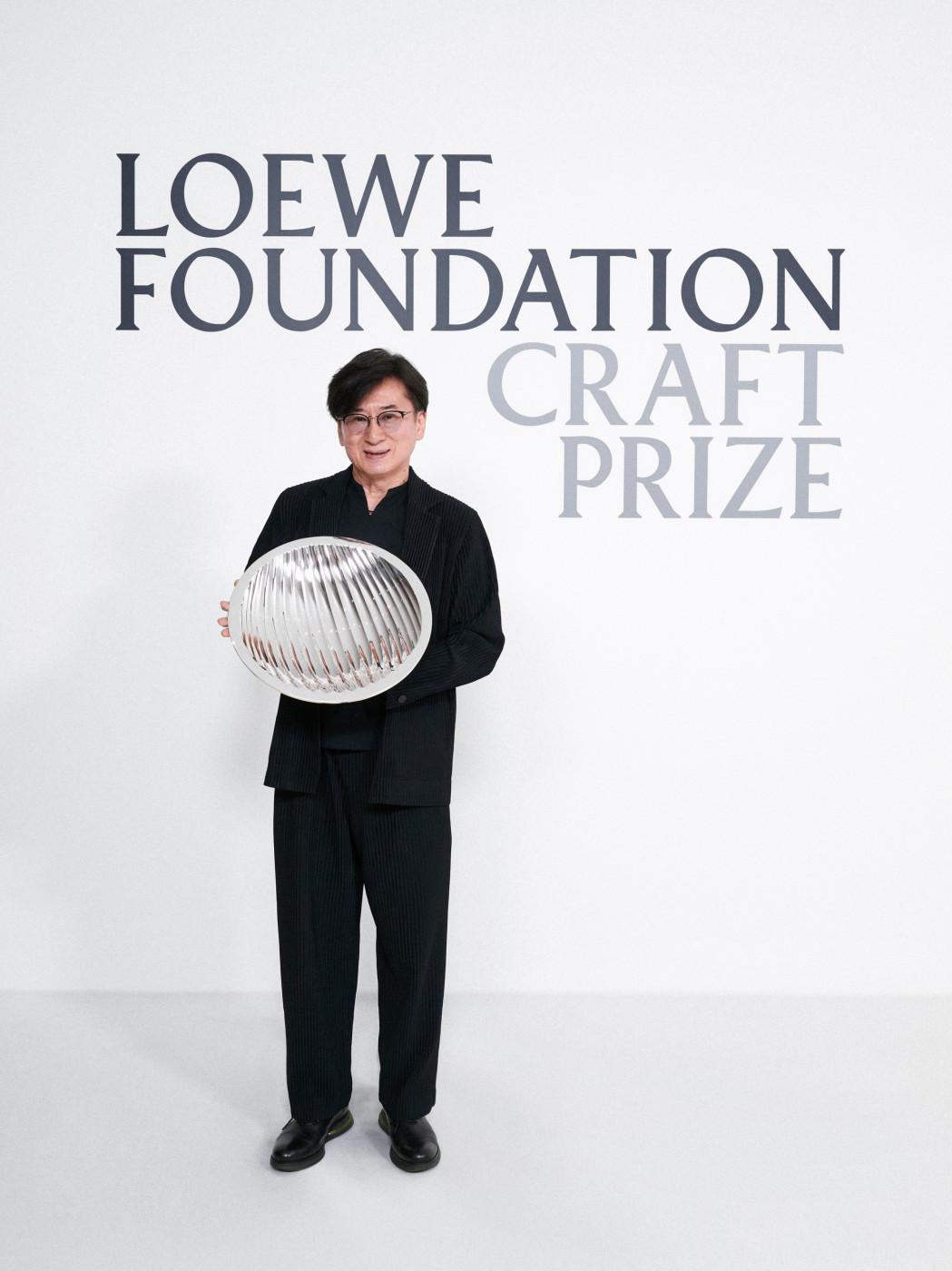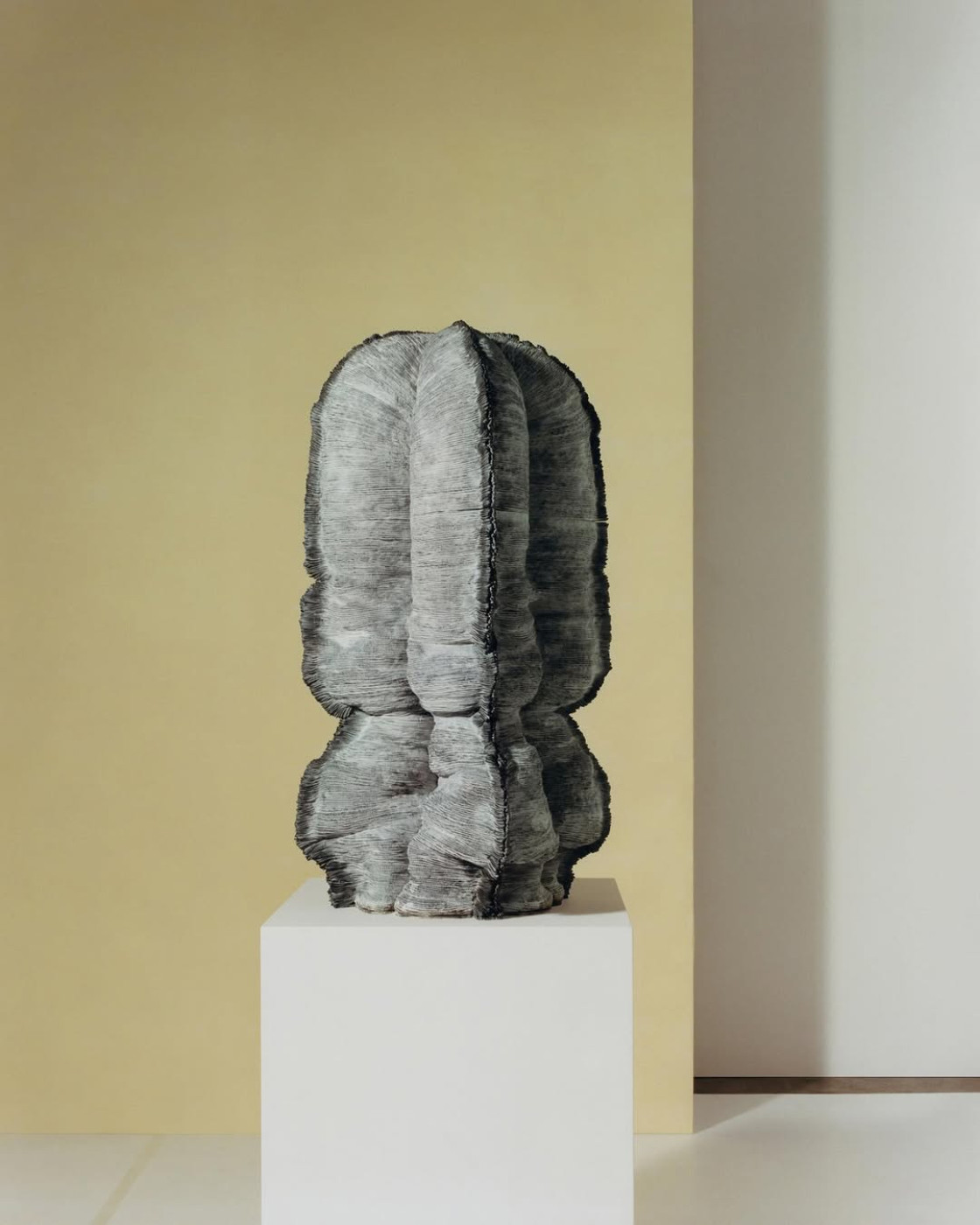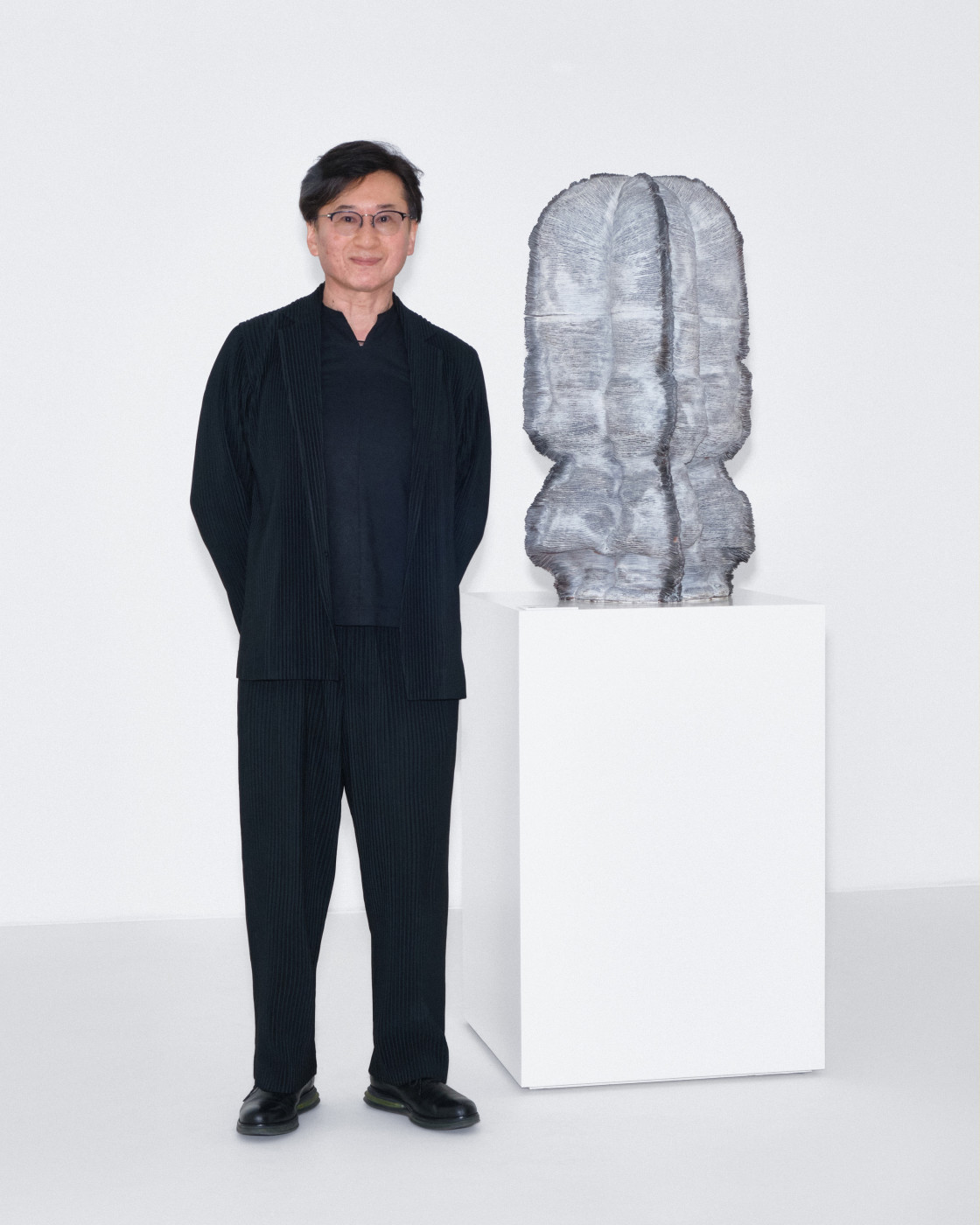
From Tradition to Innovation: LOEWE FOUNDATIONCraft Prize 2025 Winners Revealed
On May 29, LOEWE held the award ceremony for the LOEWE FOUNDATION Craft Prize 2025 in Madrid, Spain. This year, more than 4,600 entries were submitted from 133 countries and regions, exceeding last year’s number. Thirty finalists were selected from 18 countries and regions. The finalist works are on display until June 29 at the Thyssen-Bornemisza National Museum in Madrid, which holds a rich collection spanning eight centuries of Western art. The exhibition is also available through a digital platform.
The jury, composed of 12 leading figures from fields such as design, architecture, and curatorship, selected the Winner and Special Mentions from the 30 finalists. This year’s Winner was awarded to Kunimasa Aoki, who created sculptural works by firing clay. A sculptor Aoki bases his work on the coiling technique of a type of ancient earthenware pottery, stacking string-shaped clay in multiple layers. What sets him apart is a unique method he developed: compressing and drying several-centimeter-thick layers of clay, then continuing to stack and compress them again, allowing the material to warp, twist, and crack naturally. This results in organically shaped forms, exploring expressions that include an element of chance. Aoki stated that he aims to create works that preserve traces of force and accumulated time, giving them a sense of life. He draws inspiration from natural processes such as the slow growth of coral or the way small insects build large nests through the accumulation of tiny forces. After the ceremony, he commented, “I never imagined I would receive the Winner, but being recognized by an international prize gives me confidence. Above all, the opportunity to engage with wonderful craft artists and jurors was a great experience. I want to use this as fuel to break out of my shell and continue to pursue challenges and exploration.” The jury praised his honest application of traditional coiling techniques and the raw expression of the material, remarking that the work shows the artist’s persistence and dedication. Aoki was awarded a prize of 50,000 Euros in cash.
The Special Mentions were awarded to Nifemi Marcus-Bello, an industrial designer from Nigeria, and Studio Sumakshi Singh, led by Indian artist Sumakshi Singh. Marcus-Bello, who explores themes such as globalization and consumerism, created “TM Bench With Bowl,” a contemporary artwork combining a bench and bowl, using recycled aluminum from the automotive industry. Singh’s work “Monument” is inspired by the columns of a 12th-century historic building in Delhi, India. She used zari thread made of copper and nylon, sewing it into a water-soluble fabric. Once the fabric was dissolved, only the delicate structure remained. Her work incorporates traditional Indian techniques like kumihimo (braiding), lacework, and embroidery, offering a reflection on the degradation of imagery, collapse, and the preservation of memory.
Sheila Loewe, President of the LOEWE Foundation, remarked, “The Winner’s work is outstanding in the way it inherits Japan’s unique ancient techniques while using a completely original approach to create a new form, forging a path for the future of craft. I am very proud that the LOEWE FOUNDATION Craft Prize has become a platform for talented individuals to showcase their work and has shifted the global perception of craft.” Olivier Gabet, Director of the Decorative Arts Department at the Louvre Museum and a jury member, explained that what he values most in judging is whether a work embodies a sense of “aesthetic awareness.” “Even with superb craftsmanship, there are cases where an artist is completely unaware of aesthetics or artistic development. Cultivating aesthetic sensibility is something that not only applies to craft but is also a key focus for luxury brands today. While East Asia continues to dominate due to its historical and cultural background, we are now seeing increased geographic diversity in both winners and applicants from Africa and Southwest Asia, such as India. This reflects a growing global appreciation for the cultural value of craft, which was a particularly interesting aspect this year,” he added.
The LOEWE FOUNDATION Craft Prize was established in 2016 by the LOEWE Foundation to honor the excellence and artistic value of contemporary craftspeople. It was initiated by then-Creative Director Jonathan Anderson, who drew inspiration from LOEWE’s origins as a craft-oriented collective workshop. Although Anderson has since departed from both the brand and the foundation, the LOEWE FOUNDATION Craft Prize will continue, with applications for the next edition set to open soon.
Courtesy: Loewe Foundation
Text: Elie Inoue


